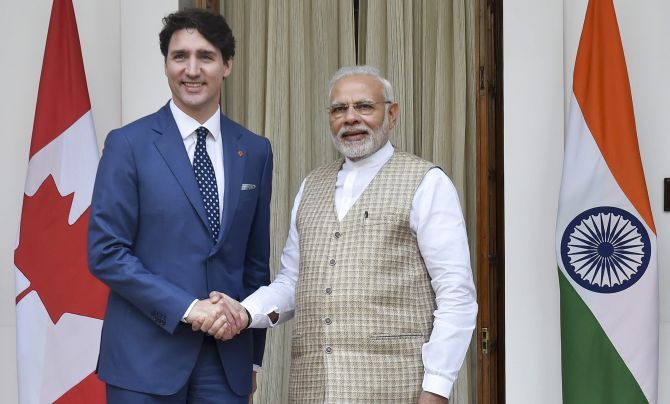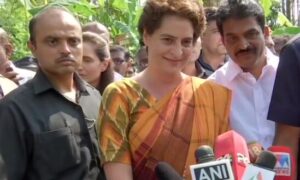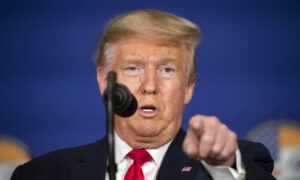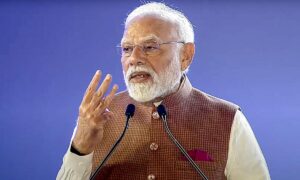
File Picture
Welcoming the G20 leaders with warmth and bonhomie, India truly stood by it’s message of “ Vasudhaiva Kutumbakam ”, (One Nation, One Family). Unfortunately, relations between India-Canada soured beyond expectations. The trigger was Canadian Prime Minister Justin Trudeau’s statement in it’s Parliament last month that its security forces were “actively pursuing credible allegations” linking Indian government agents to the murder of Khalistan Tiger Force leader Hardeep Singh Nijjar in British Columbia in June, an allegation strongly rejected by India as “absurd and motivated”. To set the tone firm, India asked Canada to move 41 of its diplomats out of India in order to bring parity between the number of diplomats each country has – posted in the other.
The external affairs ministry earlier accused Canadian diplomats of interfering in India’s internal affairs and said they are far more in numbers than India has in Canada. The government authorities in New Delhi reportedly gave Ottawa time till October 10 to make this shift.
In response, the majority of the Canadian diplomats working in India outside Delhi have been evacuated to either Kuala Lumpur or Singapore.
India’s call to reduce Canadian diplomats from India was the latest diplomatic blow delivered by New Delhi after suspending visa services in Canada. On the issue of Hardeep Singh Nijjar, India told Canada that targeted killing is not India’s policy and that if Canada has some specific intelligence regarding its accusation, it should provide those to New Delhi. Canada maintained that it had shared information with New Delhi weeks ago, which India rejected. India, in turn, said it has been providing details of Khalistani terrorists to Canada but to no avail.
On the reduction of Canadian diplomats in India, external affairs minister spokesperson Arindam Bagchi said, “The aim is to seek parity in the respective diplomatic presence. Given that Canadian diplomatic presence is higher, we would assume that there would be a reduction.”
Making efforts in de-escalating the tension between the two countries, British Prime Minister Rishi Sunak said, “He hopes to see a de-escalation of the India-Canada diplomatic row in a call with his Canadian counterpart, Justin Trudeau, which was dominated by the standoff over the killing of a Khalistani terrorist in June.” Sunak spoke to Trudeau recently during which he was updated on the situation relating to Canadian diplomats in India. Sunak reaffirmed the UK’s position that all countries should respect sovereignty and the rule of law, including the principles of the Vienna Convention on Diplomatic Relations.
Recently, Indian High Commissioner to the UK Vikram Doraiswami was blocked from a planned visit to Glasgow Gurdwara in Scotland last week by pro-Khalistan extremists.
“Concerned to see that the Indian High Commissioner, Vikram Doraiswami, was stopped from meeting with the Gurudwara Committee at the Gurudwara in Glasgow. The safety and security of foreign diplomats is of utmost importance and our places of worship in the UK must be open to all,” Anne-Marie Trevelyan, the UK Foreign Office minister for Indo-Pacific wrote on X.
Amidst the reports that Canada has become a safe haven for the Khalistanis and other terrorist groups, the onus to come out clean rest on Canada itself, for making such a huge allegation without any substantial evidence has put itself in the spot. Safeguarding his personal interest of vote bank politics, Trudeau should have gauged the repercussions of allegations without any proof especially when everyone is looking up to India for various reasons, be it investments, economic etc.
[the_ad id=”55725″]


















